Dalmau 2019
Descrição
Vinho de pago que vem de uma vinha própria com mais de 100 anos, localizada na emblemática Finca Ygay. Ele é o reflexo mais moderno da Marqués de Murrieta. Entre os seus segredos está uma seleção rigorosa das uvas que lhe conferem um caráter intenso, mas ao mesmo tempo harmonioso. María Vargas, a diretora técnica, diz que esta colheita reflete a expressão mais nítida do Pago Canajas
Detalhes do produto
Prova
Vinha e preparação
Avaliação dos especialistas
This wine has an enticing bouquet of blackberry, black cherry, violet and clove. Dark berry flavors transition to the palate and are joined by notes of dark chocolate, coffee bean, lavender, anisette and a touch of butterscotch. Polished tannins glide into a lengthy spice- and floral-laced finish.
Deep and intense, yet mineral, with fresh blackberries, blueberries, black olives, pepper and lemon peel. Hints of graphite, cocoa powder, incense and cedar, too. Flavorful and juicy, medium-to full-bodied palate with a zesty quality to the fruit. Very long and eclectic, with a traditional twist to the modern sensibility. 86% tempranillo with 10% cabernet sauvignon and 4% graciano. Nothing hefty here. Better after 2025, when extra complexity will have emerged.
There was no Dalmau in 2018, but the 2019 was worth waiting for. Made with Tempranillo, 10% Cabernet Sauvignon and 4% Graciano, all of it from the nine-hectare Canajas vineyard, this is structured, inky and wonderfully profound, with some leafy top notes, chalky minerality, dark, brooding liquorice, cassis and blackberry fruit, perfumed coffee bean French oak and the concentration to reward patience. 2027-40
The 2019 Dalmau Reserva was produced with a blend of 86% Tempranillo, 10% Cabernet Sauvignon and 4% Graciano from Pago Canajas within the property, nine hectares planted in 1945 on red stony soils where they seek low yields to achieve concentration. It's a powerful red with 14.5% alcohol where all the varieties fermented destemmed separately in 13,900-liter oak vats with pumping over and délestage. It matured in French oak barrels for 20 months. There is a big change in this wine that increases its freshness and elegance, and they skipped the 2018 because they were not fully convinced and jumped to this 2019, the first one from the new era, produced in the new winery and fermented in oak vats. The big change is driven by the search for freshness and elegance and the effect of the new fermentation chamber and the fermentation oak vats. This could very well be the finest Dalmau ever produced, with the style of the new era of Marqués de Murrieta. It's a wine with a new and stronger personality that goes beyond the varieties used, so that they feel very integrated and complementing each other. Refined, super elegant and fine tannins frame the palate of this exceptional wine. 15,526 bottles produced. It was bottled in December 2021. They skipped the 2018 vintage of this, and the 2019 will be released in January 2023.
Deep garnet with purple reflections and a broad ochre rim. Dark wild fruits of the forest fruit underlaid with fine wood savouriness, delicate hints of mint and thyme, some bitter chocolate and pepper: a multi-faceted bouquet. Complex, tightly meshed palate with dark berries and ripe sweet cherry. With powerful, vivid, supporting tannins, it is mineral and long-lasting. Still very youthful, the cassis of the Cabernet Sauvignon component becomes somewhat apparent on the finish. A wine from an outstanding year for Rioja, which will continue to grow significantly with a few years of bottle age.

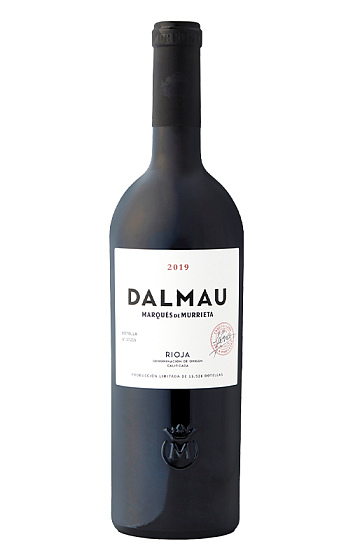





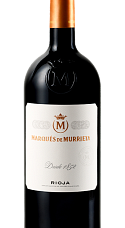




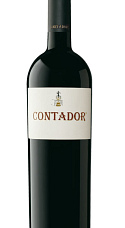
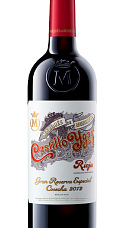
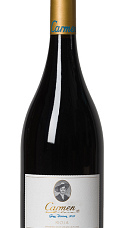


Colheitas: 2020 2019 2017 2016
Este vintage ainda não foi avaliado. Utilize a navegação abaixo para ver avaliações de vintages anteriores.
Voluptuoso, corpulento, concentrado, de especial frutosidad y un final profundo…
Vino musculoso, con mucha fruta, con cuerpo, armonioso y elegante
(2011) Redondo, preponderancia de sabores de frutas negras. Muy recomendable darle tiempo para oxigenarse. Gran evolución en copa